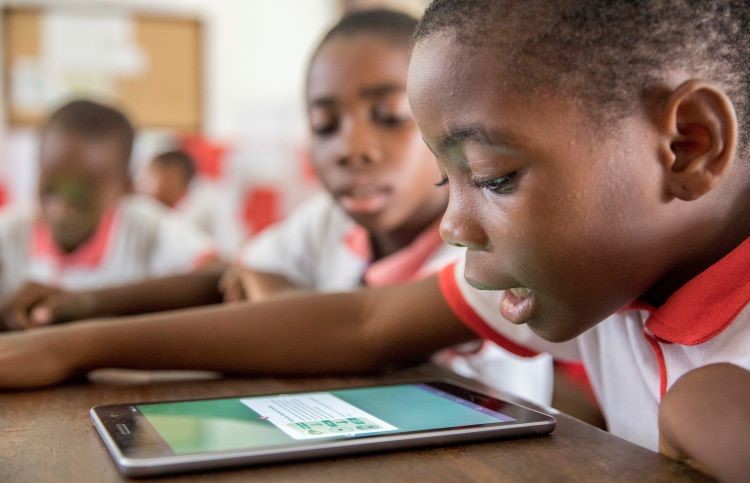The Diplomat
The La Caixa Foundation will invest more than one million euros in a total of 23 projects promoted by Spanish non-governmental development organizations (NGDOs) in thirteen countries of medium and low human development in Africa, Asia and Latin America.
The Foundation has launched the second edition of the Call for International Cooperation, whose objective is to contribute to the fight against poverty and inequalities in the countries of Africa, Latin America and Asia “through initiatives that improve the living conditions of the most vulnerable populations”, the institution informed in a press release.
Within this framework, a total of 23 projects promoted by Spanish non-governmental development organizations (NGDOs) have been selected, which has resulted in an investment of more than one million euros, compared to more than 750,000 euros the previous year. The autonomous communities with selected initiatives are Andalusia, Madrid, Catalonia, Castile and Leon, Navarra, Valencia, Extremadura and Galicia, and the projects will be carried out in Peru, Madagascar, El Salvador, Nepal, Ethiopia, Guatemala, Nicaragua, Zambia, Mali, Burkina Faso, Colombia, Bolivia and the Dominican Republic.
“In this way, the La Caixa Foundation, through its International Area, reinforces its commitment to international cooperation and Spanish entities that are implementing projects in developing countries,” he added. Likewise, the call “reaffirms La Caixa Foundation’s commitment to the Sustainable Development Goals (SDGs) and the United Nations 2030 Agenda,” specifically SDG one (end poverty), SDG 3 (health and well-being), four (inclusive, equitable and quality education), five (gender equality) and eight (decent work and economic growth).
The 23 projects selected have objectives as diverse as improving access to drinking water and sustainable energy, promoting maternal and child health, technical training and improving the mental health of adolescents and young people, promoting the right to eye health, educational reintegration of minors at high risk of social exclusion and promoting women’s entrepreneurship in rural tourism, among others.
The projects are divided into three areas of action: socioeconomic development (support for local development initiatives, promotion of productive capacities for job creation and entrepreneurship and promotion of the social economy), improvement of health (basic services, primary care and access to reproductive and maternal and child health services, fight against pneumonia, malaria, COVID-19, waterborne and other communicable diseases, water and sanitation, and training of health personnel) and education and training (quality primary and secondary education, promotion of technical and professional skills for youth and people with functional diversity, scholarships at all levels of training, non-formal education and literacy).







